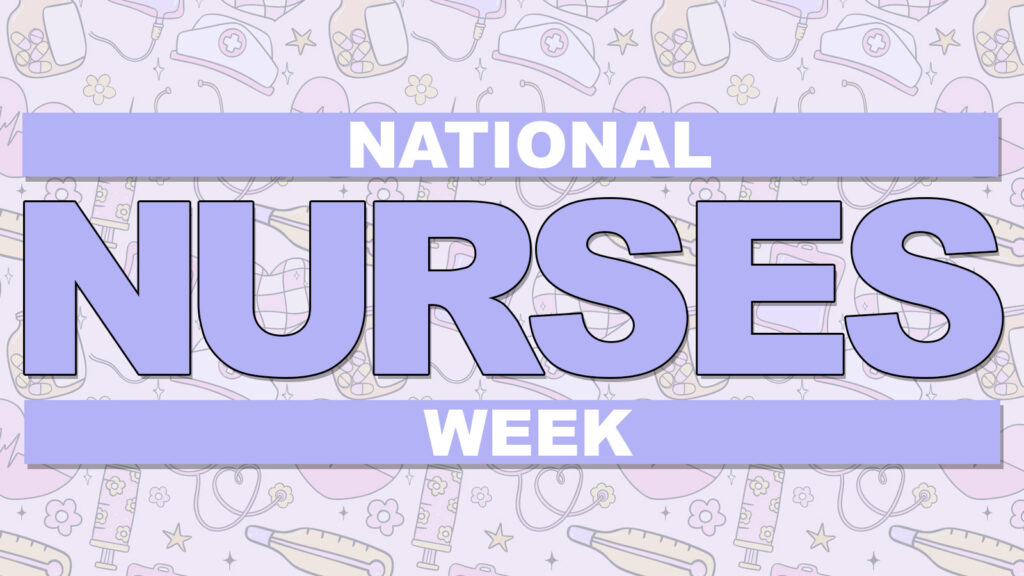National Nurses Week takes place every year between May 6 and May 12 — giving us a time to recognize the nurses in our lives and show our gratitude for the work they do to make the world a healthier place. Keep reading to learn more about the history of Nurses Week and why we dedicate this time to celebrating these amazing healthcare workers.
The History of Nurses Week
The history of Nurses Week goes back all the way to the 1950s when government officials began to consider creating a holiday to celebrate nurses’ contribution, even going as far as sponsoring a bill in 1955. However, nothing came of their actions until the mid-1970s.
In 1974 the International Council of Nurses (ICN) proclaimed that May 12 — Florence Nightingale’s birthday — would be International Nurse Day. That might have been all the motivation needed because just a month later the White House designated a week as National Nurse Week.
It wasn’t until 1993, however, that the ANA Board of Directors designated the week between May 6 (National Recognition Day for Nurses) and May 12 (International Nurse Day) as the permanent dates to observe National Nurses Week.
Since then, individuals and organization have been finding new ways to recognize nurses during this time.
Source: National Nursing Week History | American Nurses Association
Why We Celebrate National Nurses Week
It’s no secret that nurses play a key role in care for patients — but very few of us realize just how essential they are for our healthcare system. Here are a few statistics that put in perspective just how important nurses are:
- With nearly 3 million registered nurses, RNs are one of the largest occupations in the United States.1
- • Advanced practice registered nurses (APRNs) perform many of the same services as physicians. 2
- Just like physicians, some APRNs, especially those who work in critical care or those who deliver babies, may also need to be on call. 2
- Nurses are the primary providers of hospital patient care and deliver most of the nation’s long-term care.3
WCU provides career guidance and assistance but cannot guarantee employment. WCU Distance education programs are delivered out of the California and Texas campuses and may not be available to residents in all states. Practice Experience is required in order to graduate from the RN to BSN, RN to MSN, MSN, DNP degree and Post-Master’s certificate programs. Due to the current COVID-19 outbreak, the University has moved some of the on-ground courses into a distance education modality. However, as soon as the COVID-19 circumstances change, students will be expected to return on campus to complete their program onsite in the regular learning modality as approved by WSCUC and outlined in the university catalog.
1 U.S. Bureau of Labor Statistics OEWS Chart
2 U.S. Bureau of Labor Statistics Occupational Outlook Handbook, Nurse Anesthetists, Nurse Midwives, and Nurse Practitioners
3 American Association of Colleges of Nursing Fact Sheet
WCU provides career guidance and assistance but cannot guarantee employment. The views and opinions expressed are those of the individuals and do not necessarily reflect the beliefs or position of the school or of any instructor or student.



